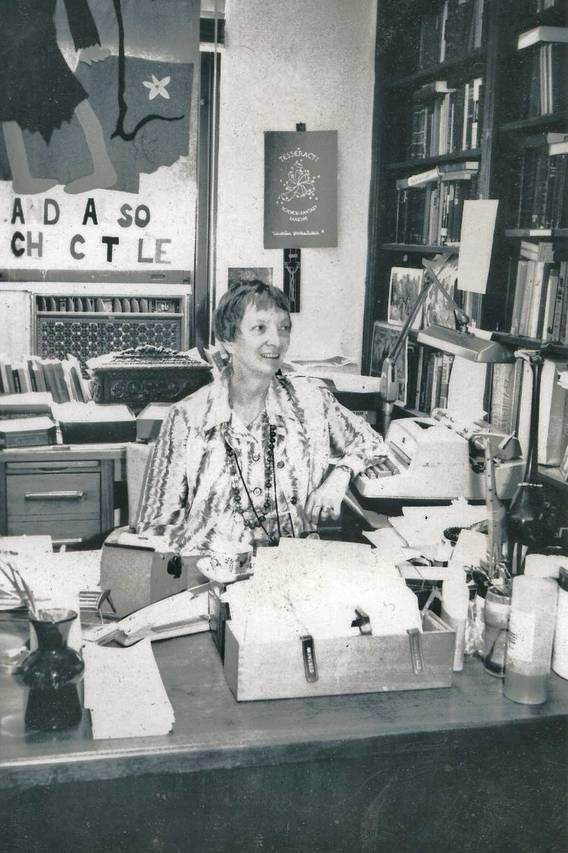Madeline L’Engle’s “A Wrinkle in Time” is one of the most beloved and best-selling young-adult books in American literature. Published in 1962, sold 14 million copies and inspired a TV-movie adaptation, a graphic novel, and an opera. A deleted passage found in an early manuscript, discovered by L’Engle’s granddaughter, sheds light on the meaning of Camazotz and on the struggle inherent in the story.
Scholars invited by the Journal to review the new passage say it offers a window into L’Engle’s thinking. The excerpt is the most direct discussion of politics in her writing, the scholars said, offering a richer explanation of the author’s political views.
They agreed with [Charlotte Jones Voiklis, the author’s granddaughter] that cutting it was the right decision, one which strengthened the narrative. The section was too didactic, and would have dated the book, some said. Suzanne Bray, a L’Engle scholar who teaches at Université Catholique de Lille in France, said the section likely was cut precisely because it was “too political, or too obviously political”—something the author generally avoided in her writing.
In the passage, Meg pushes back against her father’s argument about the dangers of fixating on security:
“Well—but I want to be secure, Father. I hate feeling insecure.”
“But you don’t love security enough so that you guide your life by it, Meg. You weren’t thinking of security when you came to rescue me with Mrs. Who, Mrs. Whatsit, and Mrs. Which.”
Naomi Wood, an associate professor at Kansas State University who has studied L’Engle, said she was intrigued by the conversation between Meg and her father. “It does confirm that L’Engle had the democratic, capitalist U.S. in mind as well as the autocratic, communist U.S.S.R.,” she said.
Posted by Andrew Gerns

